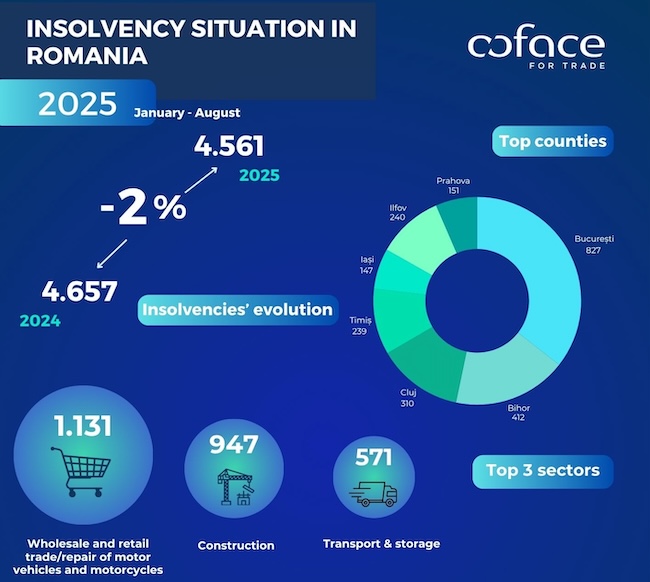Government presents new draft Tax Code. Lower VAT, flat tax, and social insurance contributions among proposals

The Romanian Government has released the draft Tax Code which proposes a series of fiscal measures such as a diminution of the VAT, a reduced flat tax, as well as lower social security contributions for both employers and employees.
According to the new version of the Tax Code, the VAT rate will go down from 24 percent to 20 percent in 2016, whilethe VAT on certain categories of goods, such as meat, fish, vegetables, and fruits will be dropped to 9 percent.
Also, starting with 2018, the VAT will be further reduced to 18 percent.
The VAT reduction will produce a gross budgetary impact of 11.6 billion lei in 2016 (net amount – 5.2 billion lei), indicate the Government's estimations.
As regards its positive effects, a lower VAT will bring to the state budget about 6.4 billion lei as a result of recovery of VAT revenues, social contributions, or payroll taxes.
In terms of economic progress, the VAT reduction will lead to a higher growth rate of the GDP (+1%), and it will stimulate job creation, at the same time cutting down on tax evasion, with annual supplementary revenues to the state budget of some 0.5 billion lei.
Another proposal made by the Romanian authorities concerns the social insurance contributions, to fight against illegal working, given that approximately 1.1 million people are not employed legally.
So, the social insurance rate shall be reduced starting with 2017 as follows: for employees, it will be cut to 7.5 percent from 10.5 percent, and for employers, it will be diminished to 13.5 percent from 15.8 percent.
The anticipated budgetary impact will come to 5.2 billion lei in 2016, as gross value (2.5 billion lei, the net value), which will be offset by VAT revenues, social contributions and payroll taxes worth 2.7 billion lei. It will also contribute to a positive evolution of Romania's economy, whose growth rate will increase additionally by 0.5 percent.
Tax reductions are envisaged with respect to income and profit, too. Accordingly, both the flat tax on income and the flat tax on profit will be lowered to 14 percent from 16 percent starting with 2019.
Non-residents will also pay a lower flat tax – 14 percent, instead of 16 percent, for the income resulted from their domestic operations, with effect from the same year.
Provided the draft Tax Code will come into force, micro-enterprises will pay differentiated income taxes, depending on the number of employees.
Hence, the Government has proposed the following rates:
-
1 percent for enterprises that have 2 employees or more;
-
3 percent for enterprises that have 1 employee;
-
3 percent + 1530 lei (quarterly) for enterprises that have no employees;
-
3 percent for enterprises not included in the above categories and that face one of the next situations: dissolution followed by liquidation, temporary inactivity, no activity;
Also, the threshold that entities must achieve in terms of revenues in order to be registered as micro-enterprises will be gradually altered as follows:
-
75,000 euro, starting with 2017;
-
85,000 euro, starting with 2018;
-
100,000 euro, starting with 2019;
The provisions of the new Tax Code target the domestic capital market, too, as one of the recommended measures concerns the elimination of the tax on dividend payments, which shall come into effect in 2016.
Furthermore, the Government plans to reduce the excise duties on fuel, tobacco, and alcohol products, whereas the crude oil produced in Romania, coffee products, jewelries, or cars could be eliminated from the tax base.
Finally, the tax on construction could be eliminated starting with 2016, whilst taxes on buildings, collected by the local authorities, will be modified:
-
tax on residential buildings will range from 0.08 percent to 0.2 percent, instead of the current tax of 0.1 percent;
-
tax on non-residential buildings will range from 0.2 percent to 1.3 percent;






